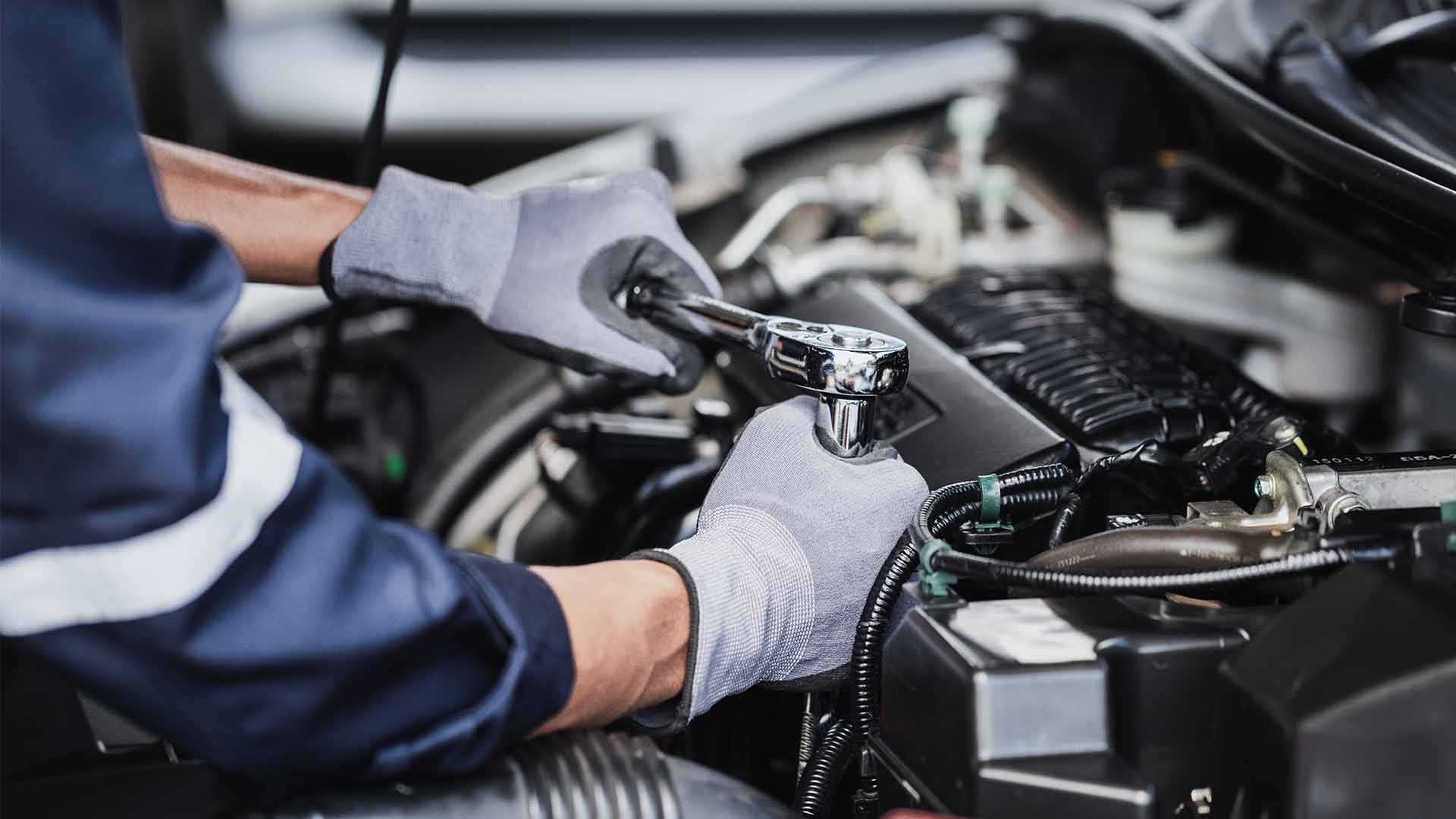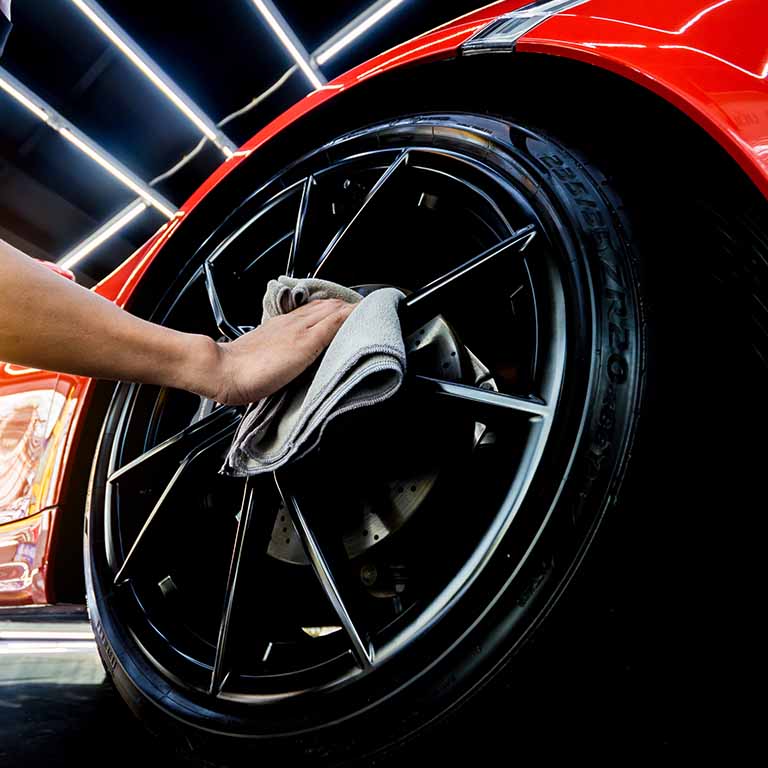
Representative Example: You could borrow £10,699 over 60 months with an initial payment of £495.89 (including £199 Admin Fee) followed by 58 monthly payments of £296.89 with a final payment of £495.89 (including optional £199 Option to Purchase Fee). Total amount repayable will be £19,012,40. 26.1% APR, annual interest rate (fixed) 13.3%.
The Admin Fee is a £199 fee that helps cover the costs of setting up your finance agreement. It covers things like preparing your agreement documents, carrying out credit and identity checks, and arranging payment to the broker. This fee is paid at the same time as your first payment, and it isn't refundable. It's separate from your deposit and from any other charges on your agreement.
The Optional Purchase Fee is a £199 fee you only pay if you decide to buy the car at the end of your finance agreement. You don't have to buy the car, that's entirely your choice. If you choose to hand the car back instead, you won't pay this fee. If you decide to keep the car, you'll need to pay the £199 Optional Purchase Fee, usually along with your final payment, to transfer legal ownership of the vehicle to you. This fee covers the cost of finalising your agreement and removing our interest in the vehicle. It's separate from your deposit and from any other charges on your agreement.
The amount shown is an illustration of a typical monthly payment based on the Representative APR. These figures are for guidance only; the actual payments and rate you're offered will depend on your individual circumstances and are not guaranteed. Please see below for details of how your first and final payments may be different.
Car ownership and car servicing costs
If you’ve never owned a car before, it’s easy to focus just on the price of the car itself. But there are many other costs involved in owning a car, and they can add up quickly, especially if you’re buying through used car finance. This guide breaks down the typical running and servicing costs so you can make a decision that is right for you.
Before buying or financing a car, it’s important to think beyond just the price tag or monthly payments. The total cost of owning a car includes many extra expenses that can quickly add up, especially if you’re driving daily or have a longer commute.
Many first-time car buyers focus only on the cost of the car or the finance agreement, without fully considering what it takes to keep the car on the road. These ongoing costs include:
Even if you’re using used car finance with affordable monthly payments, you’ll still need room in your budget for these other costs. A car that looks like a good deal at first can become expensive to run if it has poor fuel efficiency, high insurance premiums, or regular repair needs.
The cost of running a car depends on your driving habits, the type of car you buy, and where you live. On average, UK drivers spend £2,500 to £4,000 per year on fuel, tax, insurance, servicing, and maintenance.
Here are some important running costs to think about:
Also factor in parking fees, congestion charges, toll roads, and car depreciation, the value your car loses over time. These hidden costs of car ownership are often overlooked but can significantly increase your yearly spend.
To keep your car safe, reliable, and legal to drive, you’ll need to stay on top of car servicing and the annual MOT test. These routine checks help spot problems early, reduce the risk of breakdowns, and can save you money by avoiding more serious repair costs later.
If your car is over three years old, it must pass an MOT test every year by law. This check looks at key safety features like brakes, lights, suspension, and emissions. The average MOT cost in the UK is around £55, but prices may vary depending on the garage.
If your car fails the MOT, the garage will let you know what needs to be fixed. Any repairs or replacements will come at an extra cost, and the car must pass before it can be driven legally.
An interim service is usually done every 6 months or 6,000 miles. It’s a basic check-up that covers essential items such as:
Costs typically range from £75 to £125, depending on your vehicle and the service provider.
A full car service is recommended once a year (or every 12,000 miles). It includes everything in the interim service plus a more detailed inspection of your car, such as:
A full service usually costs between £150 and £250, but prices can vary based on your car make and model.
Even with regular servicing, unexpected car repairs can happen, and they can be expensive. Wear and tear is a normal part of car ownership, especially if you drive regularly or your car is older.
Some repairs are minor and relatively affordable, while others can cost hundreds of pounds, depending on the parts, labour, and your car’s make and model. It’s a good idea to set aside money each month or look into breakdown cover or warranty protection to help with these costs when they come up.
Taking out a warranty or breakdown cover policy can cost between £30 and £500 per year, depending on the level of protection you’re looking for and your car’s age and value.
In addition to regular expenses like tax, insurance, and fuel, there are other car ownership costs that can creep up unexpectedly. Being aware of these can help you build a more accurate yearly budget:
While these costs aren’t paid every month, they can still impact your overall car budget. Planning ahead for unexpected or occasional car expenses will help you stay in control of your finances and avoid surprises down the line.
On average, UK drivers spend between £2,500 and £4,000 per year on everything related to owning a car. This includes fuel, tax, insurance, MOT, servicing, and repairs, but not the initial purchase price.
One of the biggest hidden costs is depreciation, which is how much value your car loses over time. A brand-new car can lose 20% in value in the first year alone, and up to 50% over three years. While you don’t pay this cost directly, it impacts how much your car will be worth when you come to sell or trade it in.
If you’re on a smaller budget or using used car finance, it’s worth factoring all these costs into your decision, not just the monthly payment.

